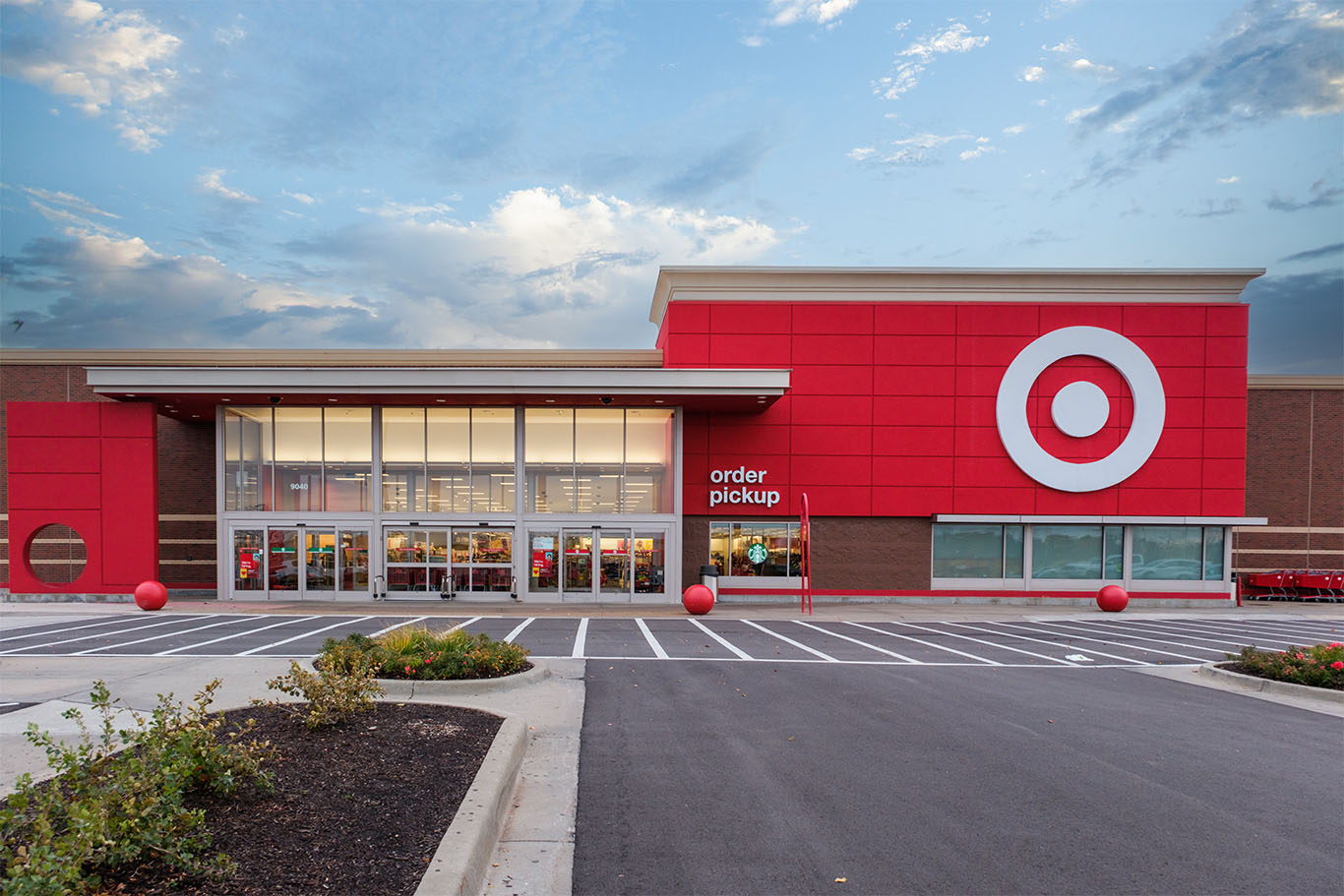
Target’s ‘Why’-Focused Leadership Fuels Growth and Collaboration
CEO Brian Cornell has emphasized that a strong culture is the ‘glue’ holding the company together and driving its ongoing growth. At a recent executive meeting, he directed his top leaders’ attention not only to what Target does but why it does it. Cornell believes that the ‘why’ behind decisions and strategies fuels a purpose-driven workplace, which, in turn, helps Target maintain its customer-centered brand.
Cornell views the culture at Target as one that encourages engagement, loyalty, and commitment among employees and consumers alike. For employees, the shared values and purpose create a clear sense of identity and belonging, which can be particularly important in retail. He acknowledges that culture doesn’t develop overnight, nor does it sustain itself without intentional effort.
When Cornell emphasizes understanding the ‘why’, he’s focusing on ensuring that each decision resonates with Target’s larger mission. Encouraging his team to explore the reasons behind each investment, Cornell prompts his leaders to evaluate how every action aligns with Target’s broader goals and commitment to creating a welcoming and joyful shopping experience. Cornell sees culture as a foundation that guides how the company interacts with customers, consistently delivering on its brand promise.
Cornell’s advice on defining the ‘why’
Brian Cornell’s approach to leadership highlights a seldom-discussed yet critical aspect of executive decision-making: the importance of defining and revisiting the company’s core purpose. During his recent address to Target’s top 50 executives, Cornell underscored that understanding and communicating the ‘why’ behind every business decision is crucial.
Cornell’s leadership approach advocates for patience and reflection, especially when discussing decisions related to company investments and future directions. Rather than focusing solely on immediate outcomes, he encourages his executives to think about the underlying reasons and intended impacts of each choice. Cornell’s message is clear: to foster a culture that’s customer-centered and purpose-driven, leaders must be able to articulate the reasons behind their actions to employees, partners, and stakeholders alike.
This philosophy also guides strategic investments and initiatives. By grounding choices in Target’s foundational purpose, Cornell and his team ensure that their efforts remain consistent with the brand’s identity, from in-store experience to product selection. For Cornell, defining the ‘why’ is not only about guiding his team but also about staying true to Target’s commitment to joy and value for its customers.
Building consumer-focused partnerships
Target’s growth isn’t just rooted in its culture; it’s also fueled by strategic partnerships that align with its values and customer-focused approach. One prime example is Target’s longstanding relationship with PepsiCo, a partnership that illustrates how collaboration can be mutually beneficial when both parties are committed to shared goals. Cornell describes the partnership with PepsiCo as a ‘win-win’ relationship rooted in a shared focus on brand integrity and consumer satisfaction.
Rather than viewing PepsiCo as a traditional vendor, Cornell and his team treat the company as a true collaborator, working together on product strategies and market positioning. Through consistent communication and a shared vision, Target and PepsiCo create a cohesive consumer experience that reflects each brand’s identity and values.
For PepsiCo, the partnership is equally valuable. Steven Williams, CEO of PepsiCo Foods North America, shares Cornell’s view that effective collaboration requires transparency and respect. Williams emphasizes that building genuine relationships with partners fosters trust—a vital component of any successful partnership.
Strategic growth through transparency and trust
Transparency and trust are cornerstones of Target’s strategy, not only with its consumers but also in its partnerships and internal practices. As Cornell points out, these values are more than just ethical principles; they serve as competitive advantages in a fast-paced retail environment. When customers and partners trust that a brand operates with integrity, they are more likely to engage and remain loyal.
One way Target builds this trust is by being transparent about its brand vision and values. By clearly communicating what the company stands for and how it operates, Target fosters a sense of openness that resonates with consumers who prioritize authenticity in the brands they support. This transparency extends to how Target collaborates with its partners, treating them as allies rather than suppliers.
In today’s market, speed is also a key factor, as Williams emphasized. To remain competitive, companies must be able to respond quickly to changing consumer demands and market trends. At Target, this agility is supported by the trust and transparency that have been carefully cultivated over time. By creating a work environment where ideas and feedback can be openly shared, Target empowers its leaders and partners to make swift, well-informed decisions.
Sources: